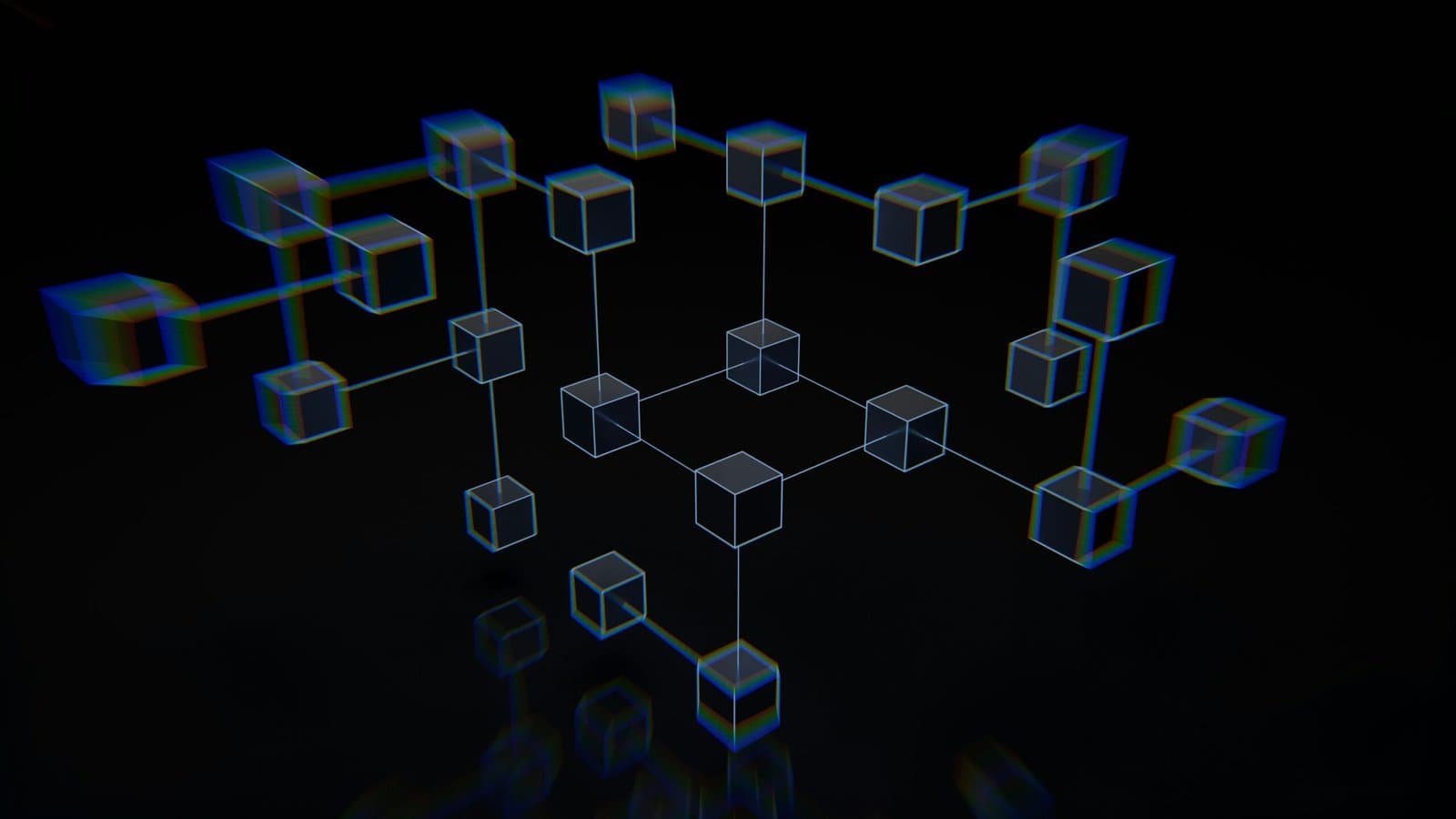Have you ever wondered how social networks can exist in a decentralized world? Imagine a platform where you control your data, have fewer limitations on how you interact socially, and enjoy increased transparency. That’s where Decentralized Social (DESO) steps in. This innovative concept is reshaping how we perceive and interact with social networks by utilizing blockchain technology.
What is Decentralized Social (DESO)?
Decentralized Social Networks, often referred to as DESO, represent a new wave in the digital world, where users can engage with content without the restrictions traditionally imposed by centralized platforms. Unlike conventional social networks such as Facebook or Twitter, which operate under central servers and authority, DESO platforms are built on blockchain technology to achieve decentralization.
Why Decentralization?
Centralized platforms store all user data and control user interactions, resulting in issues like data breaches, censorship, and lack of transparency. Decentralization, in contrast, distributes data across multiple nodes in a network, providing more security and transparency. This means you not only have control over your own data, but also experience content that remains free of bias and manipulation.
How Does Blockchain Enable Decentralization?
Blockchain is a type of distributed ledger technology that records transactions across many computers so that the record cannot be altered retroactively. It underpins DESO by ensuring that no single entity has control over the network. Here are some key features of blockchain that facilitate decentralized social networks:
- Security: Blockchain’s cryptographic nature ensures that your data remains secure and is harder to tamper with.
- Transparency: Transactions and activities are recorded publicly, making it easy to track and verify information.
- Interoperability: Blockchain allows different decentralized platforms to communicate with each other seamlessly.
- Ownership: Users retain ownership of their own data, which can be a game-changer in managing personal information.
Key Features of DESO
Understanding the unique characteristics of Decentralized Social Networks can help you see how they differ from traditional platforms and what benefits they offer.
User Ownership and Control
In a DESO network, you have full ownership of your personal data and content. Unlike centralized platforms that own and monetize your data, DESO allows you to keep control, deciding who can access your information and how it is used.
Censorship Resistance
Because there is no central authority, DESO platforms provide greater freedom of expression. You won’t face arbitrary takedowns of content, as no single entity dictates what can or cannot be published.
Monetization Opportunities
DESO offers novel monetization mechanisms for creators. You can monetize your content directly without relying on ad-based models. For instance, you can earn cryptocurrency for engaging in meaningful interactions or generating valuable content.
Enhanced Privacy
DESO ensures enhanced privacy as your data is not stored on a centralized server. Blockchain encrypts data, keeping your interactions private and secure from prying eyes.

How DESO is Transforming Social Media
To fully appreciate how DESO is revolutionizing social media, it’s beneficial to compare traditional social platforms with decentralized ones.
| Attribute | Centralized Social Media | Decentralized Social Media (DESO) |
|---|---|---|
| Control | Single entity controls | Distributed control |
| Data Ownership | Platform ownership | User ownership |
| Censorship | High risk of censorship | Resistant to censorship |
| Monetization | Ad-based revenue | Direct user monetization |
| Privacy | Limited, data breaches common | Higher, data secured with cryptography |
New Social Structures
DESO fosters new forms of community interaction. Communities can organize around shared interests, supporting decentralized governance, where members vote on changes and future directions.
Flexibility and Customization
Since there isn’t a rigid structure often imposed by traditional platforms, DESO allows for more flexibility and customization in how you participate and present your content.
Lower Economic Barriers
The ability to directly monetize your content often reduces the economic barriers for creators, opening up opportunities for everyone to share and earn from their work in creative ways.
Important DESO Projects
There are several noteworthy DESO projects leading the charge in this space, each offering unique features and possibilities for social interaction.
BitClout
BitClout runs on its native blockchain and facilitates the buying and selling of creator coins tied to individual profiles. This is like investing in social engagement, providing a direct economic link between creators and their audience.
Steemit
Steemit is among the oldest blockchain-based social media platforms. It rewards its users for posting, commenting, and other interactions with Steem cryptocurrency, providing an alternative to ad revenue models.
Minds
Minds allows users to earn cryptocurrency for engagement and channel subscription. It focuses on privacy by avoiding data mining, representing a shift towards a more user-focused experience.
Akasha
Built on Ethereum, Akasha combines social networking with peer-to-peer technology, ensuring that all user contributions are recorded onto a public blockchain. This provides an immutable history of user interactions.

Challenges Facing DESO
Like any emerging technology, DESO networks face several challenges that could impact their success and adoption.
Onboarding and User Experience
It’s crucial to ensure that the onboarding process for new users is seamless. Currently, the technical aspects of blockchain can be daunting, which may hinder mass adoption. Simplified interfaces and educational resources are essential to address this.
Scalability
The decentralized nature of these platforms can limit scalability. Blockchain solutions are resource-intensive, which poses a challenge for handling a large user base efficiently and sustainably.
Regulation and Compliance
Navigating the ever-evolving landscape of tech regulations poses another challenge. There’s a lack of clear regulations regarding blockchain and cryptocurrency use in social platforms, which could complicate legal compliance.
Network Security
While blockchain offers enhanced security, smart contract vulnerabilities can still pose risks, highlighting the need for thorough audits and robust security protocols to safeguard user data and interactions.
The Future of Social Interactions with DESO
Despite the challenges, DESO represents a significant leap forward for social interactions in the digital age. By fostering environments where you have control over your data, enjoy freedom of speech, and interact in a transparent ecosystem, DESO has the potential to redefine meaningful social connections.
Decentralized Communities: Expect to see more self-governing digital communities where decisions are collectively made, bypassing the need for traditional hierarchical control.
Increased Accessibility: As user experiences improve, DESO platforms may become more widely adopted, leading to new and innovative forms of engagement.
Integration with Other Technologies: Combining DESO with other technologies, such as AI and VR, could lead to even richer and more immersive social experiences.

Conclusion
Decentralized Social Networks offer a refreshing perspective on digital interaction by addressing key issues prevalent in traditional platforms. While still in the early stages, the potential they hold could dramatically change how social media operates and how we engage daily online. By focusing on user ownership, privacy, and freedom, DESO paves the way for a freer, fairer digital landscape. Imagine a world where you are truly in control—where your online presence matters more than ever before. Could this be the future of social media that we’re headed towards?

